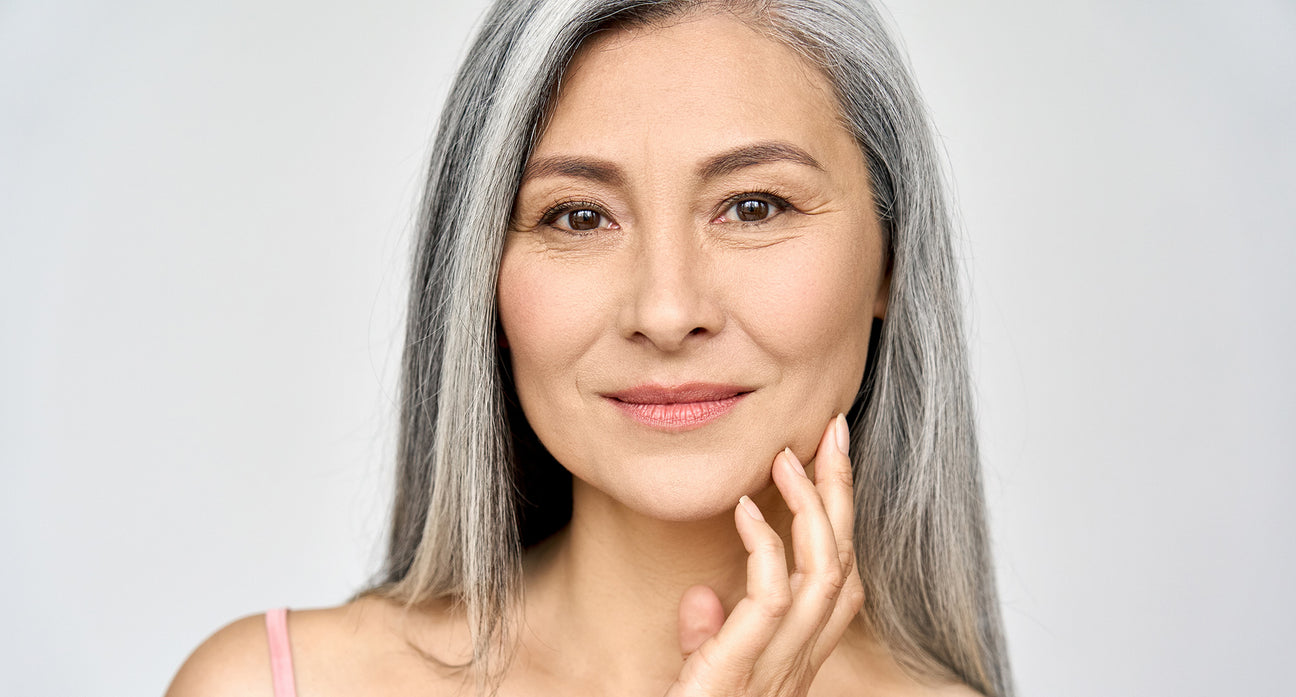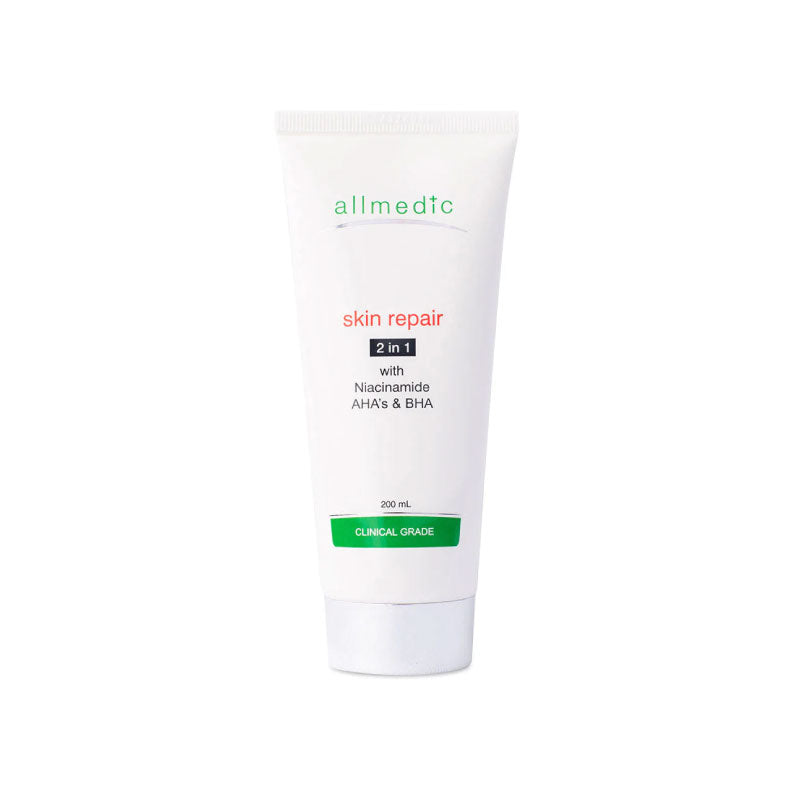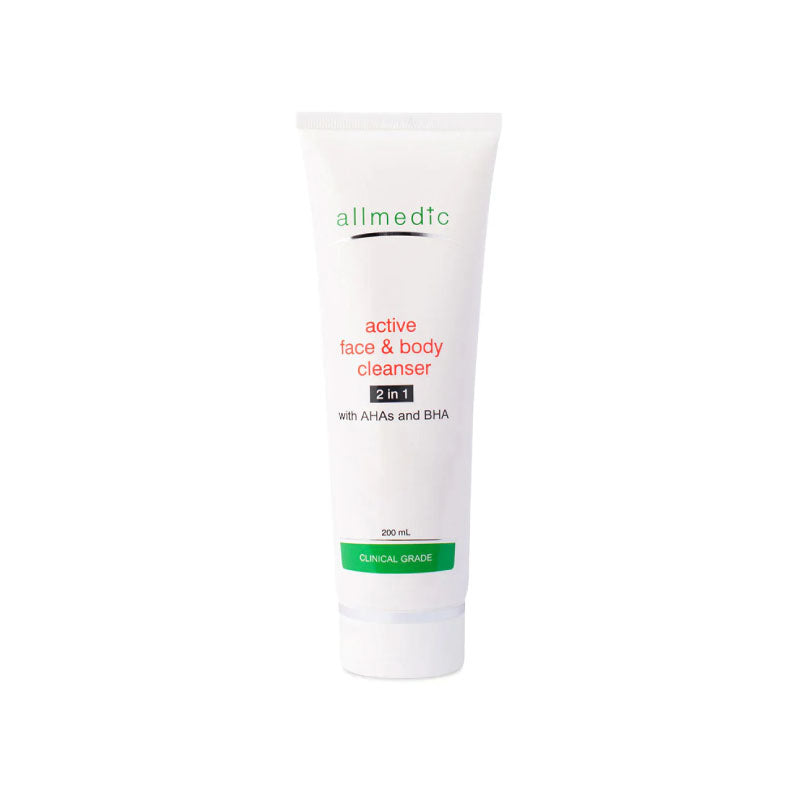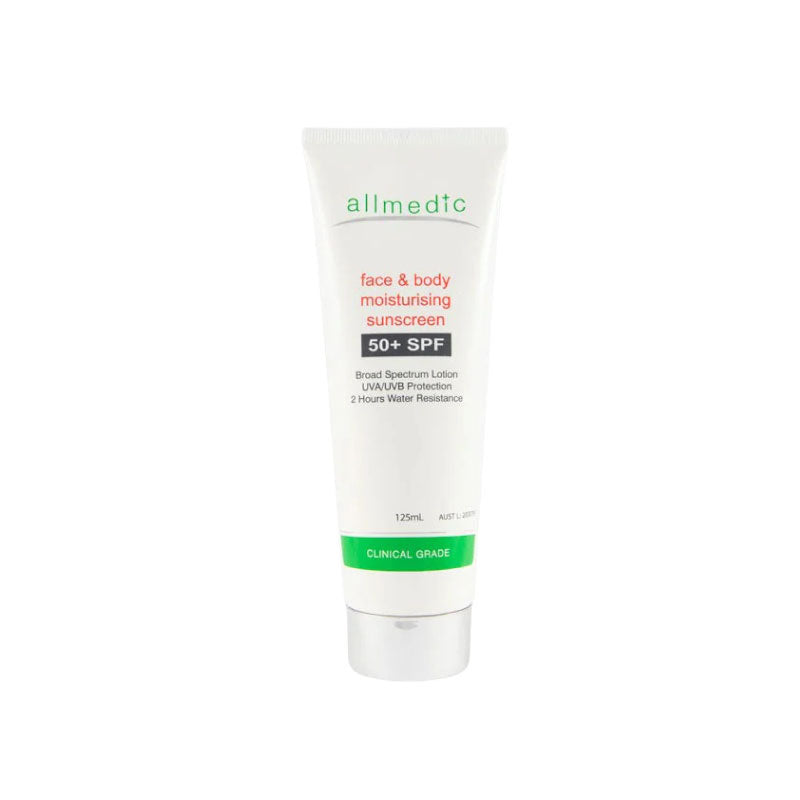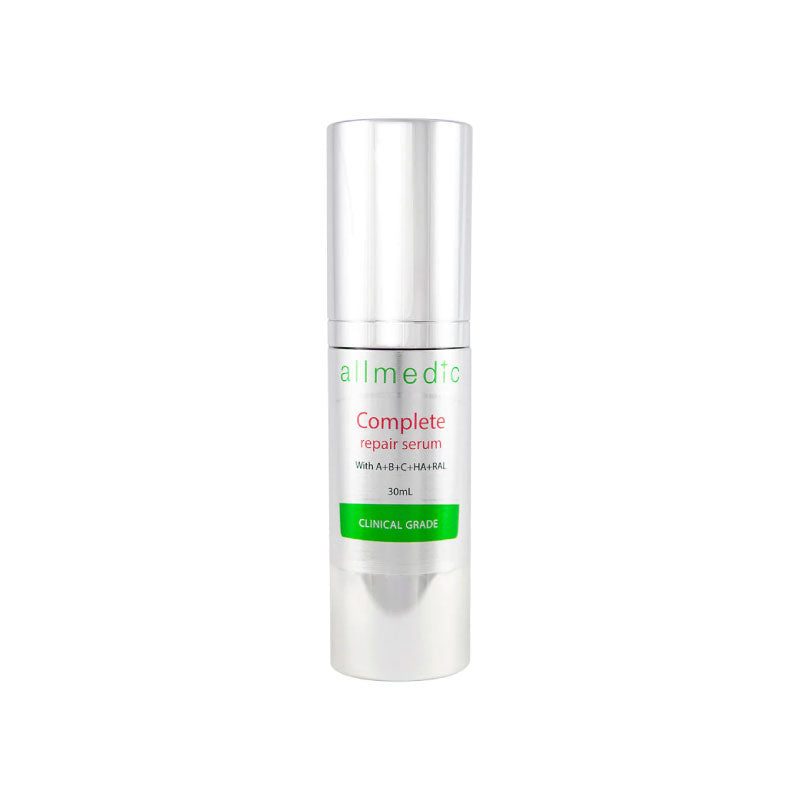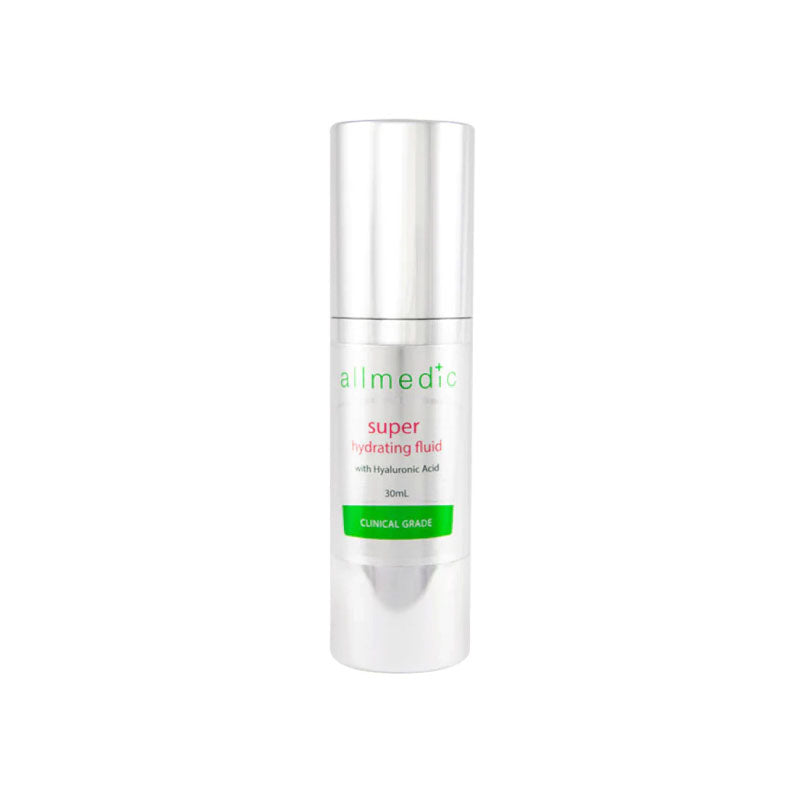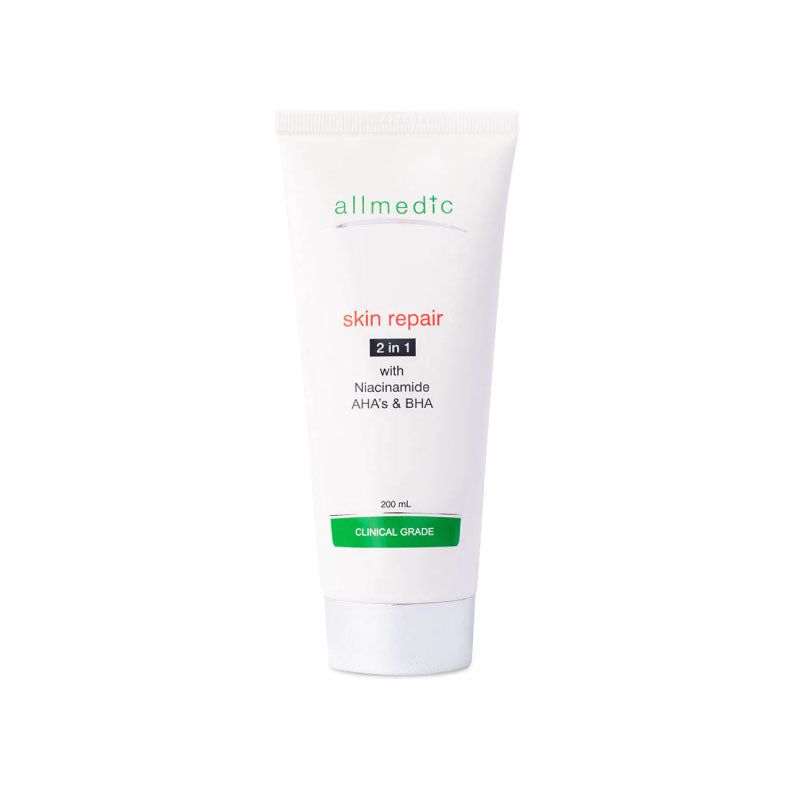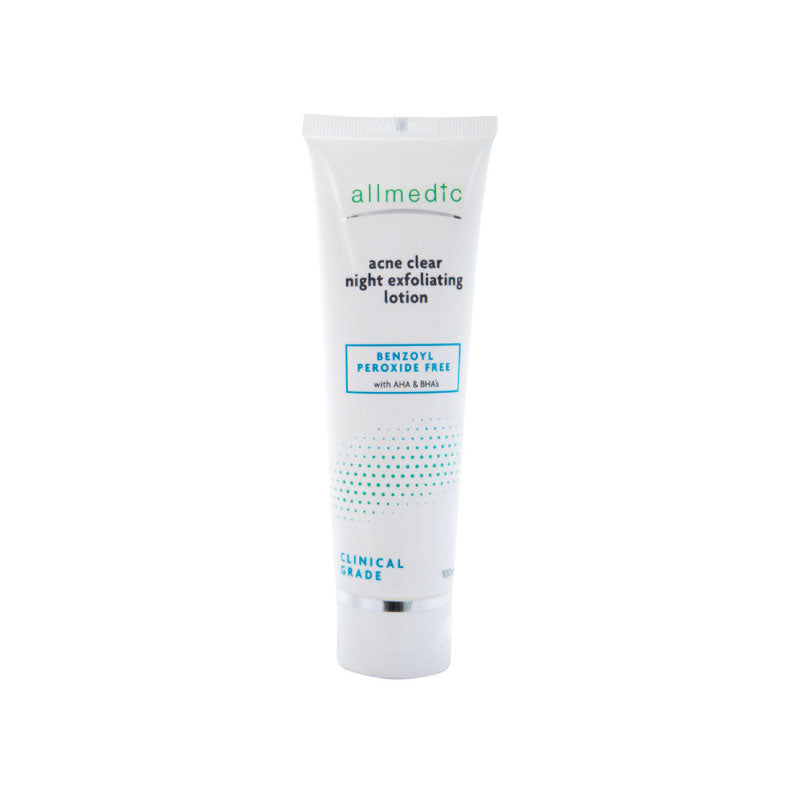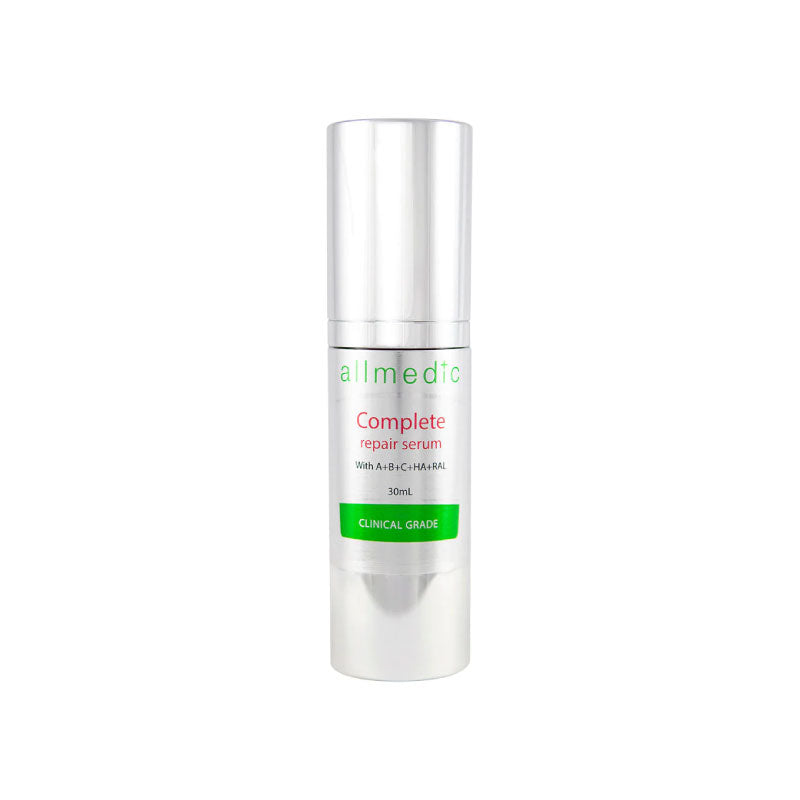Why Choose Us
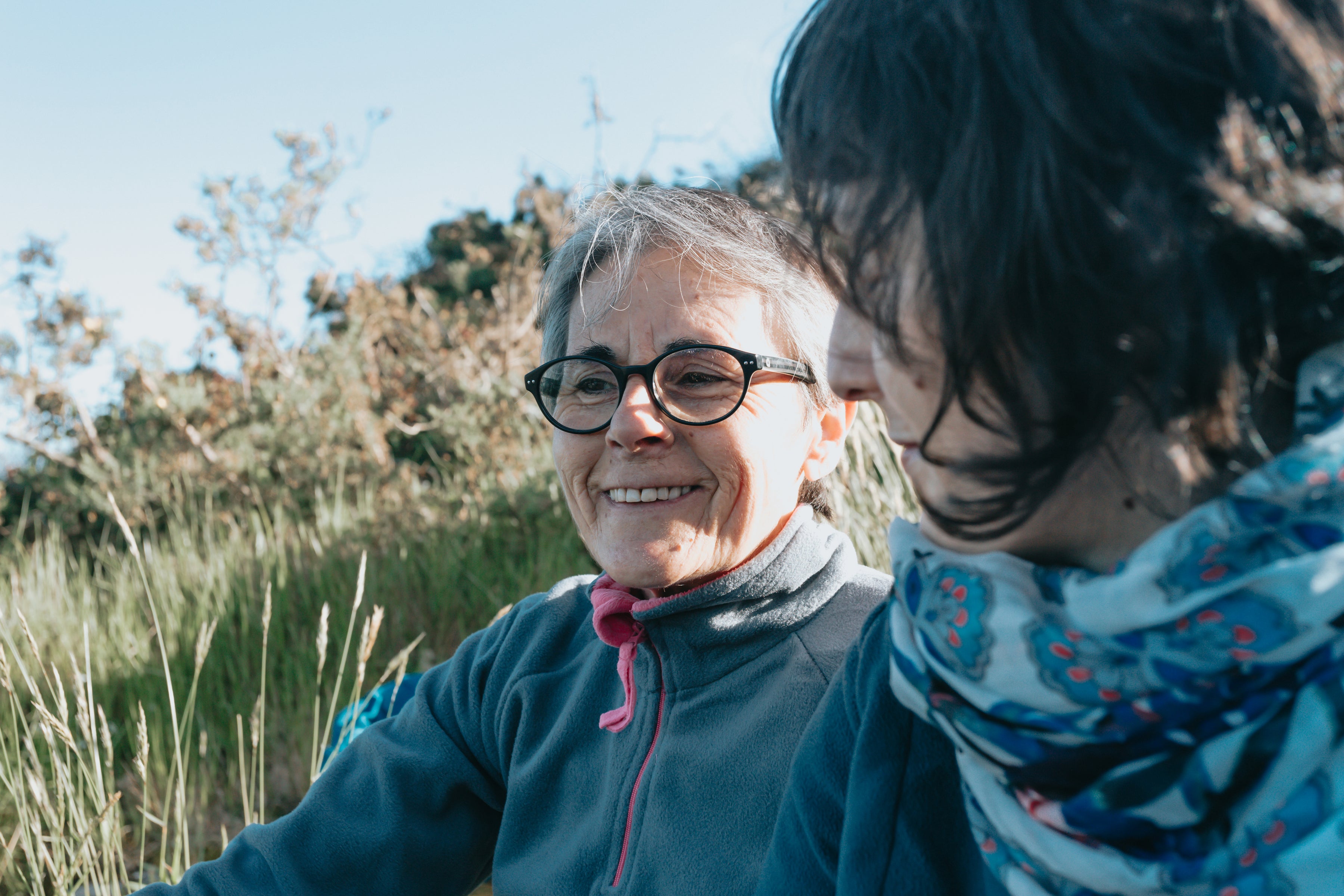

Founded by Medical Doctors
Specialised and practiced in the fields of skin cancer, medical cosmetology, molecular immunology, and skin allergies.


Helping Healthcare Professionals
Providing doctors with services and tools to promote better skin health.
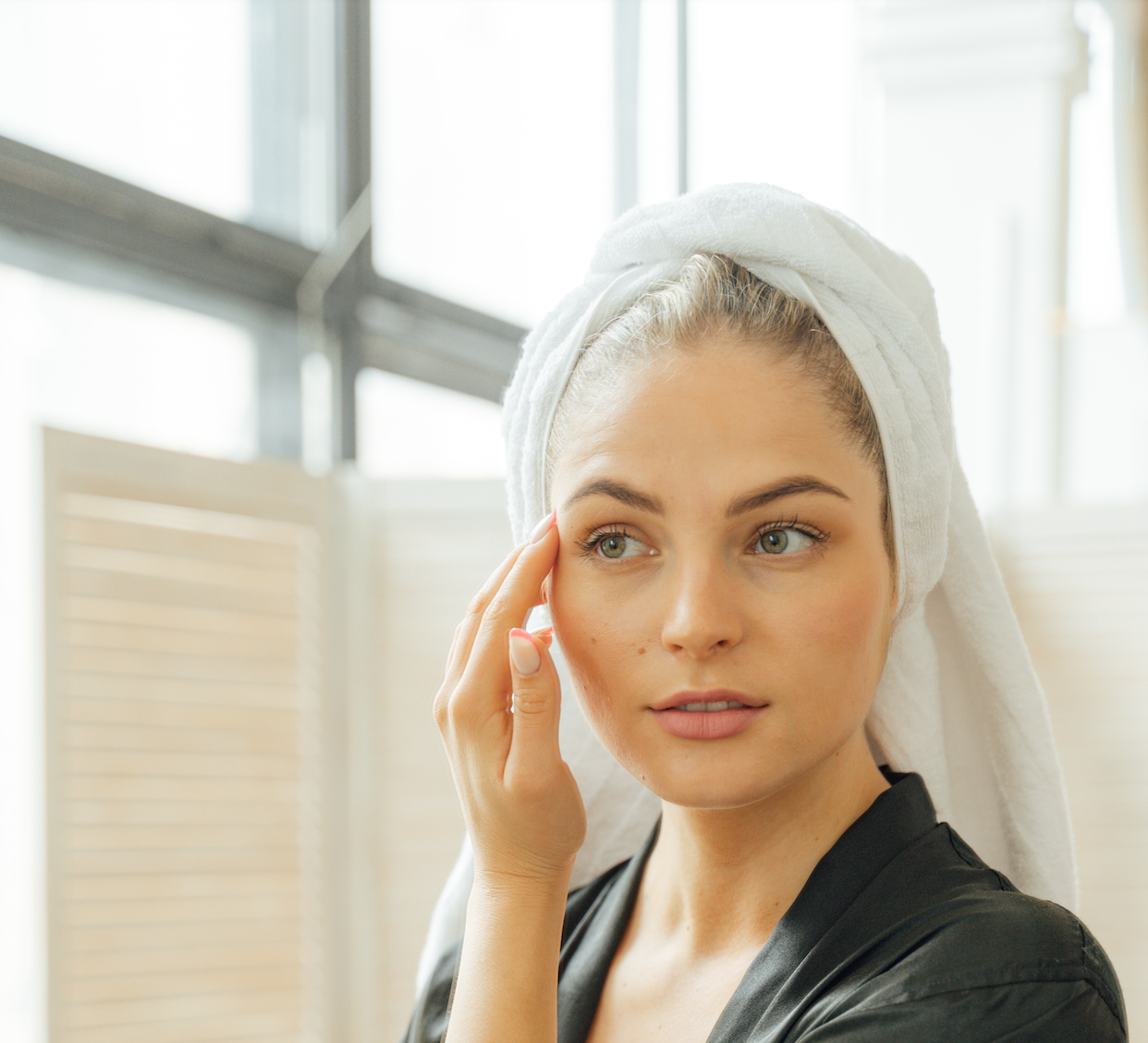
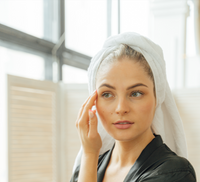
Helping Australians
Providing an alternative to traditional department store or pharmacy cosmetics.
What our customers say
Ageing Skin
Ageing skin is something we all face, but the way it looks and feels over time isn’t set in stone. From fine lines and uneven tone to a loss of elasticity, the visible signs of ageing are influenced by more than just the number of candles on your birthday cake. Sun exposure, lifestyle choices and even the products you use each day can speed up or slow down the process.
The good news? With the right skincare routine and targeted products, you can minimise these changes, protect your skin’s health and maintain a smoother, more radiant appearance for longer.
What is Ageing Skin?
Ageing skin refers to the natural changes in texture, tone and firmness that happen over time. As we age, the skin produces less collagen and elastin, the building blocks that keep it plump and elastic. Cell turnover slows, the skin barrier can weaken and moisture retention decreases, leaving skin more prone to dryness, uneven texture and wrinkles.

Restore balance and vitality to ageing skin with targeted care that addresses fine lines, dryness and uneven tone.
Common Signs of Ageing Skin
Recognising the signs of ageing skin early can help you take steps to slow its progression and maintain a healthier appearance. These may include:
- Fine lines and wrinkles
- Uneven skin tone or pigmentation
- Loss of firmness and elasticity
- Dullness or rough texture
- Increased dryness
Causes of Ageing Skin
Multiple factors work together to influence how quickly (or slowly) skin ages:
- Natural ageing process: A gradual decline in collagen, elastin and hyaluronic acid that changes the skin’s structure.
- Sun exposure: UV light accelerates collagen breakdown, leading to wrinkles, pigmentation and uneven tone (photoageing).
- Environmental stressors: Pollution and toxins can damage skin cells and contribute to premature ageing.
- Hormonal changes: Shifts in hormone levels, particularly during menopause, can cause thinning skin and reduced elasticity.
- Lifestyle habits: Smoking, excess alcohol, poor diet and lack of sleep can all speed up visible skin ageing.
Slowing Skin Ageing
You can’t stop the clock, but you can help your skin age more gracefully by making a few daily habits non-negotiable. Wearing sunscreen every day is one of the most effective ways to protect against UV damage and photoageing. Gentle cleansing helps remove dirt, pollution and makeup without stripping natural oils, while regular exfoliation encourages skin cell renewal for a smoother appearance.
Keeping skin hydrated with moisturisers and serums is essential for maintaining elasticity and softness. Nutrition also plays a role, as eating a balanced diet rich in antioxidants supports skin from within. Finally, avoiding harmful habits such as smoking, excess alcohol, and unmanaged stress can go a long way in preserving skin health.

Ageing skin benefits from a daily routine that supports hydration, protects from UV damage and promotes smooth texture.
Lifestyle Tips for Healthier Skin
Pairing your skincare routine with healthy lifestyle choices can enhance results and support skin health:
- Eat for your skin: Include antioxidant-rich foods like berries, green leafy vegetables and nuts.
- Stay hydrated: Keep moisture levels balanced from the inside out by drinking enough water daily.
- Exercise regularly: Improves circulation, delivering oxygen and nutrients to skin cells.
- Prioritise sleep: Overnight rest gives your skin time to repair and rejuvenate.
- Manage stress: Prolonged stress can impact skin health and accelerate ageing.
Skincare Routine for Ageing Skin
Building a consistent routine is one of the most effective ways to care for ageing skin. Here’s a simple four-step approach using some of Allmedic’s most popular products:
Step 1: Cleanse
Allmedic Active Cleanser – Gentle daily cleanser that removes impurities and prepares skin for treatment.
Step 2: Treat
Allmedic Skin Repair – Supports cell renewal for smoother texture and a brighter-looking complexion.
Allmedic Complete Repair Serum – Targets visible signs of ageing while strengthening the skin barrier.
Step 3: Hydrate
Allmedic Super Hydrating Fluid – Lightweight hydration that plumps and softens.
Step 4: Protect
Allmedic Sun Protection Face & Body SPF 50+ Sunscreen – Broad-spectrum protection to help prevent UV-related skin ageing.
Looking for more options? Explore the full Allmedic Anti-Ageing Skin Care range for additional treatments and targeted solutions.
Conclusion
Ageing skin is an inevitable part of life, but how it develops can be influenced by daily habits and the skincare you choose. By combining smart prevention strategies with targeted products like Allmedic’s Anti-Ageing Skin Care range, you can help keep your skin looking healthier, smoother and more vibrant at every stage of life.
Frequently Asked Questions
How can I prevent ageing skin naturally?
Protecting your skin from sun damage, eating a nutrient-rich diet and staying hydrated can help slow visible ageing. Consistency with a simple, targeted skincare routine is key.
What causes ageing skin to appear faster?
Excessive sun exposure, smoking, poor diet and chronic stress can accelerate the signs of skin ageing. Genetics also play a role in how quickly changes appear.
What is the best skincare routine for ageing skin?
A routine that includes cleansing, targeted treatments, hydration and daily sun protection is ideal. Choosing products designed for mature skin can enhance results.
Which products help reduce the appearance of ageing skin?
Medical-grade skincare with antioxidants, hydrating agents and exfoliating ingredients can improve texture and tone. Look for formulas that support collagen and skin barrier health.
How does hydration help with ageing skin?
Well-hydrated skin appears plumper, smoother and more resilient. Using moisturisers and serums that lock in moisture can help reduce the look of fine lines.
Is sun protection really important for ageing skin?
Yes! UV rays accelerate collagen breakdown, leading to wrinkles, pigmentation and loss of elasticity. Daily broad-spectrum SPF is one of the most effective anti-ageing steps.
Can diet improve the appearance of ageing skin?
A diet rich in antioxidants, healthy fats and vitamins can support skin repair and protect against free radical damage. This can help maintain a more even skin tone and texture.
How often should I exfoliate ageing skin?
Gentle exfoliation two to three times a week can encourage cell turnover without irritating the skin. Over-exfoliation can cause dryness or sensitivity.
Are serums better than creams for ageing skin?
Serums deliver concentrated active ingredients that target specific concerns like wrinkles or pigmentation. They work best when layered under a nourishing moisturiser.
Can lifestyle changes reverse ageing skin?
While they can’t reverse skin ageing entirely, healthy habits like better sleep, balanced nutrition and stress management can improve skin’s appearance and slow further changes.
